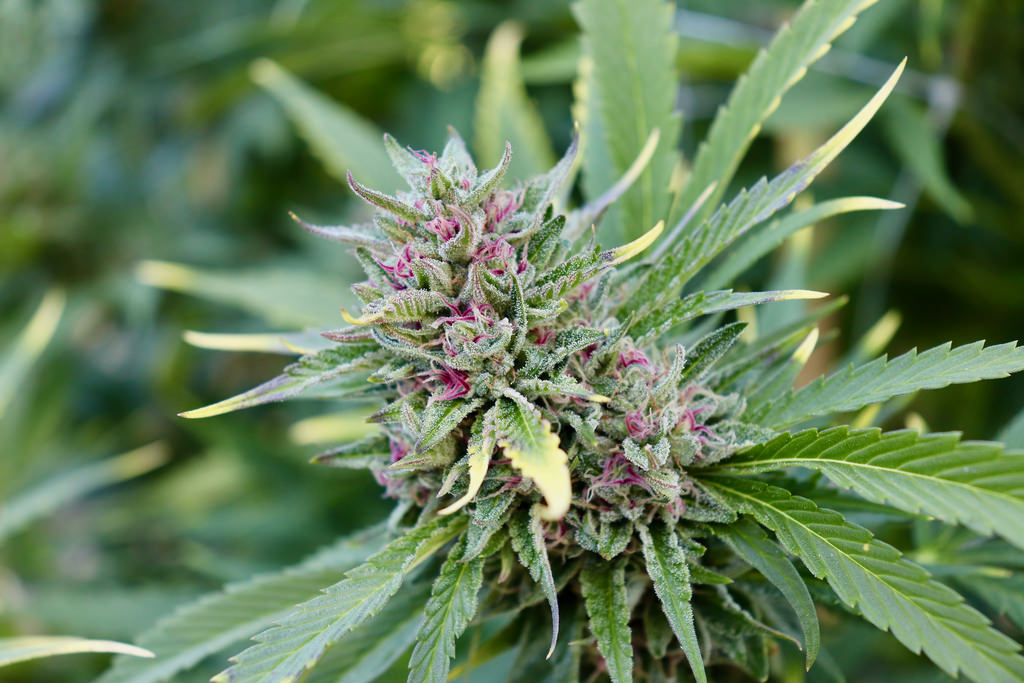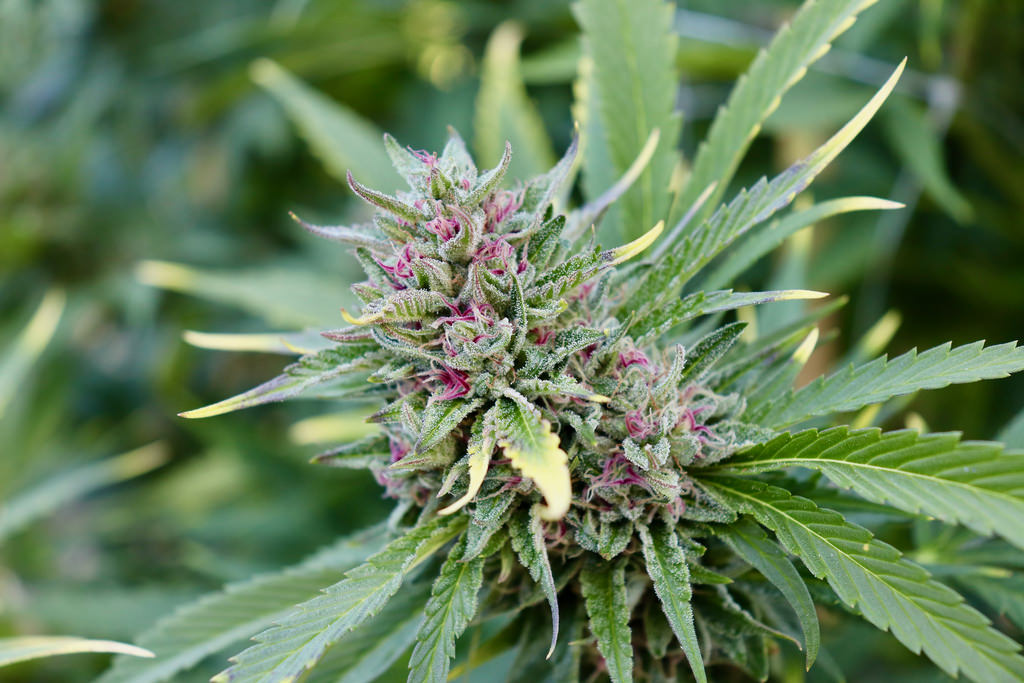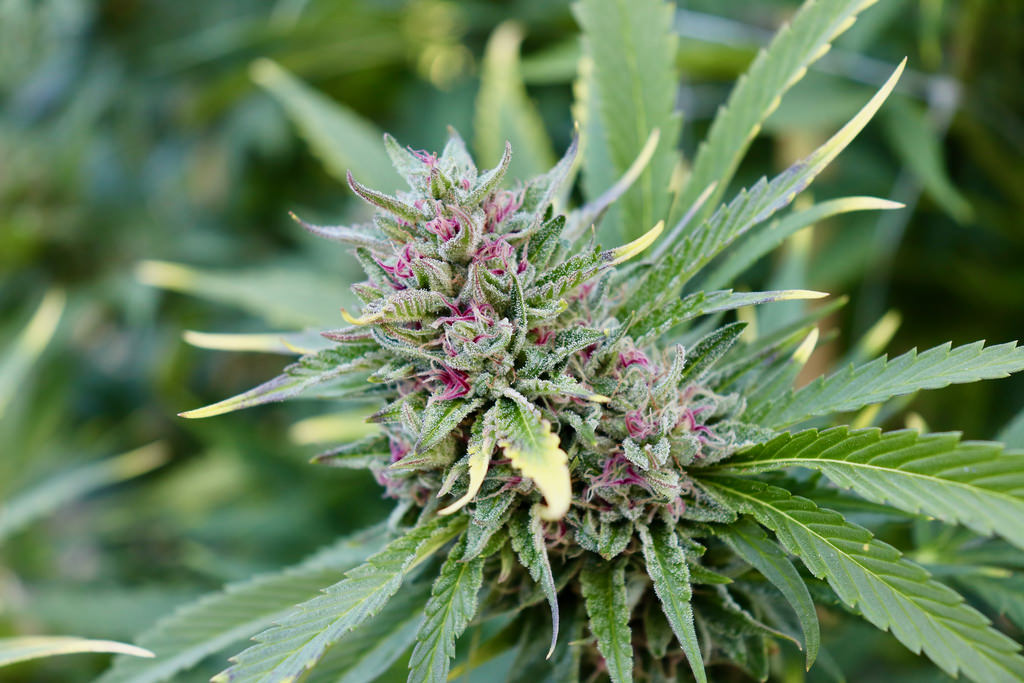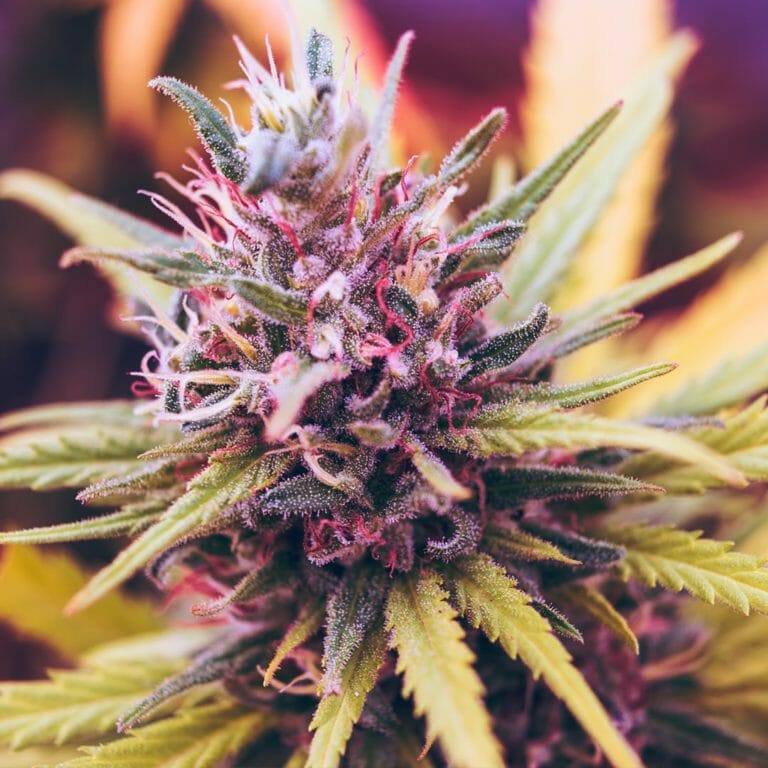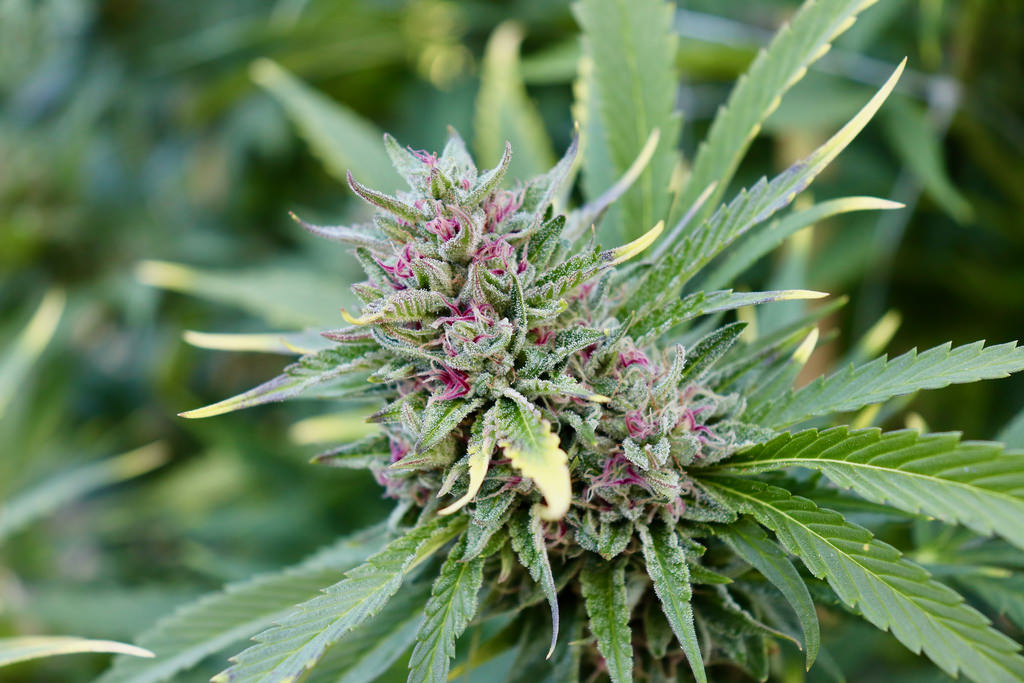HOW CANNABIS CAN IMPROVE MENTAL HEALTH IN THE UK
How can cannabis improve mental health
1. OVERVIEW: CANNABIS AND MENTAL HEALTH
The topic of cannabis and mental health is increasingly relevant in the UK, especially with the changing legal framework and growing interest in alternative therapies. Cannabis has been used medicinally for thousands of years, but only recently has modern science started to explore its potential in addressing mental health conditions. In the UK, medicinal cannabis became legally prescribable in 2018, opening new doors for patients who have exhausted traditional treatments.
The two main compounds of interest are CBD (cannabidiol) and THC (tetrahydrocannabinol). CBD is non-psychoactive and has shown promise in reducing anxiety and depression symptoms. THC, on the other hand, is psychoactive and offers pain relief and mood-lifting properties, though with higher risks.
—
2. THE UK LEGAL LANDSCAPE
2.1. MEDICAL CANNABIS: WHERE IT STANDS
Since November 2018, specialist doctors in the UK have been legally allowed to prescribe cannabis-based products for medicinal use (CBPMs). However, NHS access remains limited, with most prescriptions issued privately. Clinics like Sapphire Medical, Mamedica, and Curaleaf Clinic offer medical cannabis to patients with treatment-resistant conditions, including mental health disorders.
2.2. PUBLIC PERCEPTION AND STIGMA
Despite legalization, stigma still lingers. Many patients are reluctant to discuss cannabis as a treatment due to its historical association with illegal drug use. Education, policy change, and success stories are gradually shifting this perception.
—
3. THE SCIENCE: HOW CANNABIS AFFECTS THE BRAIN
3.1. THE ENDOCANNABINOID SYSTEM
The human body has a built-in system called the endocannabinoid system (ECS), which helps regulate mood, sleep, appetite, and stress. Cannabinoids from the cannabis plant (like THC and CBD) interact with the ECS, influencing neurotransmitters such as serotonin, dopamine, and GABA, all crucial in mental health regulation.
3.2. CBD: THE NON-INTOXICATING OPTION
CBD has emerged as a promising agent in reducing anxiety, depression, and PTSD symptoms. It modulates the ECS without producing a “high,” making it attractive for patients seeking symptom relief without intoxication.
3.3. THC: EFFECTIVE BUT CONTROVERSIAL
THC has therapeutic benefits, especially in managing PTSD flashbacks, chronic stress, and sleep disturbances. However, high doses or prolonged use can increase the risk of paranoia, psychosis, and cognitive decline, particularly in younger users or those predisposed to mental illness.
—
4. CANNABIS AND SPECIFIC MENTAL HEALTH CONDITIONS
4.1. ANXIETY DISORDERS
Studies and patient reports show CBD helps alleviate symptoms of generalised anxiety disorder (GAD), social anxiety, and panic disorders. According to a UK-based survey conducted by the Medical Cannabis Clinicians Society (MCCS):
75% of anxiety patients reported a noticeable improvement within one month of starting medical cannabis.
Many reduced or discontinued benzodiazepines after beginning CBPMs.
4.2. DEPRESSION
Though research is still emerging, anecdotal and registry-based data suggest cannabis may help with treatment-resistant depression. CBD has shown potential to act on serotonin receptors, enhancing mood without the emotional blunting sometimes caused by SSRIs.
Key findings:
A study of UK patients using CBPMs showed 50% reduction in PHQ-9 depression scores after three months.
Patients often reported better emotional regulation, fewer mood swings, and improved focus.
4.3. POST-TRAUMATIC STRESS DISORDER (PTSD)
Cannabis appears particularly effective in managing PTSD symptoms, including insomnia, hypervigilance, and nightmares. Veterans and trauma survivors are increasingly turning to medical cannabis as an alternative to opioids and antidepressants.
THC may help extinguish fear memories, reduce flashbacks, and promote emotional processing.
CBD assists in regulating stress hormones and calming the nervous system.
4.4. INSOMNIA AND SLEEP DISORDERS
Cannabis, especially strains high in THC or specific indica varieties, promotes deeper, uninterrupted sleep. CBD also has a calming effect on the nervous system and reduces sleep latency.
UK patient outcomes show:
80% improvement in sleep quality after 4–6 weeks on CBPMs.
Lower dependence on pharmaceutical sleep aids like Zopiclone or melatonin.
—
5. REAL-WORLD EVIDENCE IN THE UK
5.1. MAMEDICA PATIENT DATA
Mamedica, a UK-based private clinic, reported that 40% of its patients were prescribed cannabis specifically for mental health issues. These included anxiety, insomnia, depression, and PTSD. Many patients reported dramatic improvements in their quality of life.
5.2. RELEAF CLINIC REGISTRY FINDINGS
Releaf’s registry data from over 1,000 patients showed:
Anxiety scores dropped by 60% within the first month.
Many patients transitioned off traditional psychiatric medications.
5.3. VETERANS USING CANNABIS
Organizations supporting veterans, like the Veterans Cannabis Collective UK, highlight the role cannabis plays in helping ex-servicemen manage trauma and pain. Reports show reductions in opioid dependency and better emotional regulation.
—
6. RISKS AND SIDE EFFECTS
6.1. PSYCHOSIS AND PARANOIA
While cannabis can help some mental health issues, high-THC strains may induce or exacerbate psychosis, especially in adolescents or individuals with a family history of schizophrenia.
6.2. COGNITIVE IMPACTS
Long-term cannabis use in high doses can impair:
Memory and concentration
Motivation and executive function
These effects are dose-dependent and more common with recreational, not medical, use.
6.3. DEPENDENCE POTENTIAL
Cannabis is not physically addictive like opioids or alcohol, but psychological dependence can develop, especially with daily use. This is managed through:
Careful dosing
Medical supervision
Patient education
—
7. THE FUTURE OF MEDICAL CANNABIS AND MENTAL HEALTH IN THE UK
7.1. INCREASED RESEARCH FUNDING
More clinical trials are underway in the UK to explore cannabis’ effects on depression, anxiety, bipolar disorder, and more. Institutions like King’s College London and Imperial College are leading the charge.
7.2. POLICY DEVELOPMENT
Calls are growing for:
NHS integration of cannabis prescriptions
Standardised dosing and regulation
Better training for GPs and psychiatrists
The aim is to make cannabis a first-line or second-line treatment, not just a last resort.
7.3. PATIENT ADVOCACY AND ACCESS
Patients are demanding:
Lower prescription costs
Easier access through the NHS
Greater public education to reduce stigma
Groups like PCCUK (Patient-Led Cannabis Care) are leading advocacy efforts to improve availability and affordability.
—
8. CONCLUSION
Cannabis has the potential to significantly improve mental health outcomes in the UK—especially for patients with treatment-resistant anxiety, PTSD, depression, and insomnia. While not a silver bullet, it represents a powerful complementary tool in the mental health toolkit.

